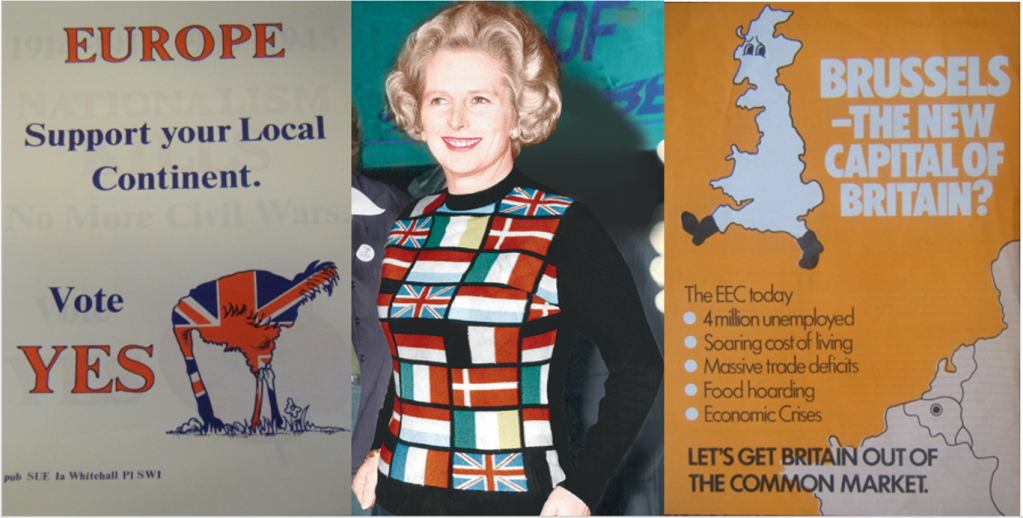
Thirty years ago, the Cold War came to a peaceful end. Germany was reunified. A wave of mostly peaceful uprisings occurred across the so-called Eastern Bloc in 1989 before finally in 1991, the Soviet Union itself disintegrated completely.
Such developments would have seemed unthinkable only a few years earlier. Russian communism had dominated Eastern Europe since 1917 with the intense rivalry between the Soviet Union and the United States threatening to destroy humanity following the superpower arms build-up which escalated soon after the end of the Second World War.
As Archie Brown demonstrates in this book the fact that this amazing development was able to occur at all owes itself almost entirely to ‘the human factor,’ namely the unique personalities of three world leaders during the second half of the 1980s. The personality of one of these leaders in fact, was especially critical.

Many in the west were alarmed when Ronald Reagan won the presidency in November 1980. A onetime Hollywood actor who had been a liberal Democrat until his early fifties, Reagan had strong enough conservative credentials by 1980, that he was able to preside over a thaw in East-West relations without stoking fears that he might be appeasing the Soviets. The British Prime Minister Margaret Thatcher meanwhile was not as slavish in her support for Reagan and the US as is sometimes made out. She and Reagan were friends and shared the same ideological free market perspective, but there were occasional fallings out. Crucially, on the major issue of East-West relations, however, she and the 40th US president always stood shoulder to shoulder.

However, it was the third actor, Soviet leader Mikhail Gorbachev who was utterly indispensable to the whole process. Make no mistake: without Mikhail Gorbachev there would have been no end to the Cold War. The Berlin Wall would not have fallen. The USSR would not have collapsed. Remarkable leaders though they in many ways were, the same cannot be said of Reagan or the so-called ‘Iron Lady.’
Gorbachev’s attitude and politics were utterly unique within Soviet politics at the time. Nor is it true that he (or anyone) was browbeaten into submission by the United States’ continued hard line. There is no evidence to support this whatsoever.
As the only one of these three figures still alive in May 2020, the world really owes the elderly Mr. Gorbachev a huge debt of thanks. As Archie Brown notes, it was he who made all the difference.
Gorbachev, not Reagan and certainly not Thatcher, ended the Cold War.
The Human Factor: Gorbachev, Reagan and Thatcher and the End of the Cold War, by Archie Brown. Out Now. Published by Oxford University.







